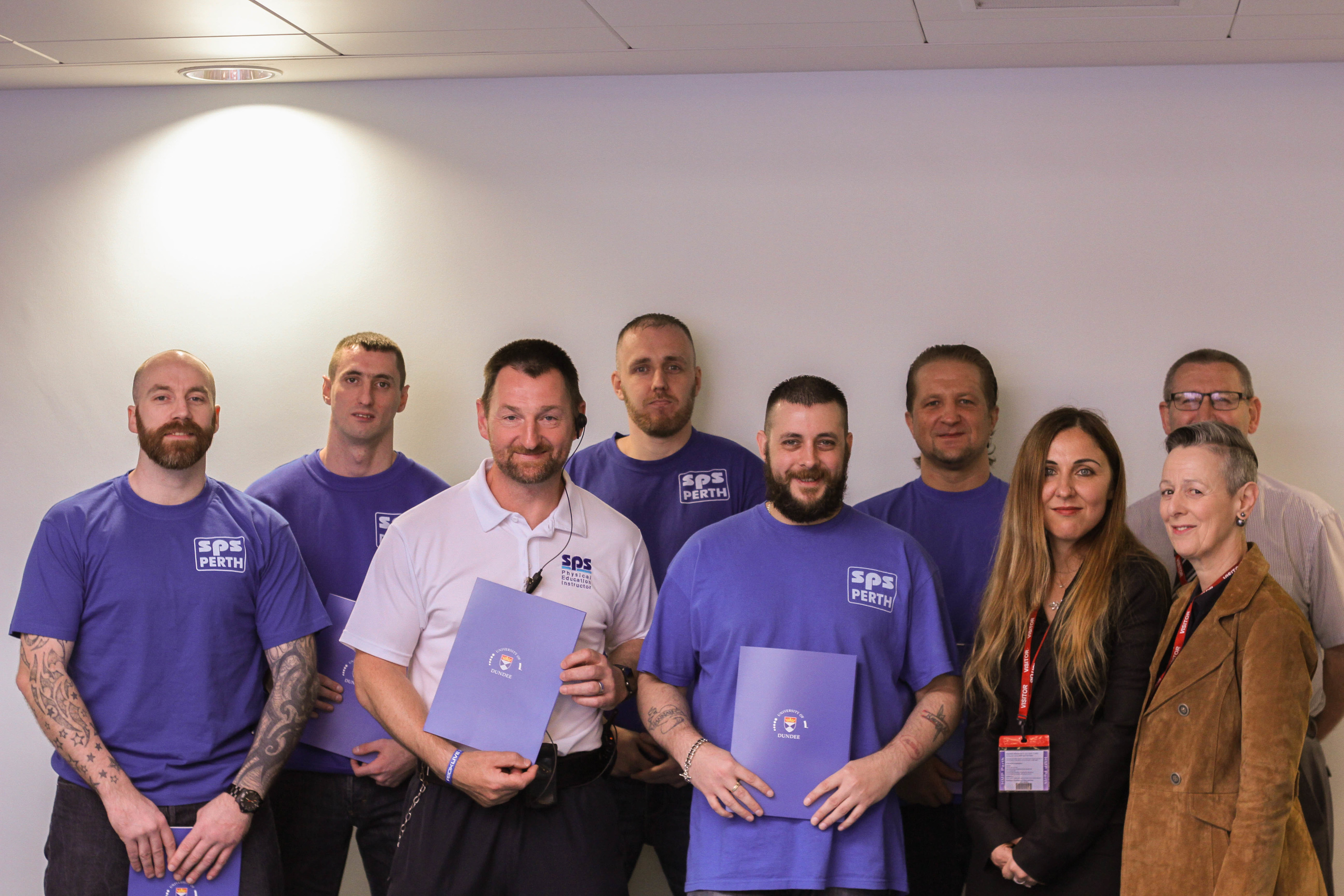Good teeth are leading to better lives for jail inmates, a new health programme has found.
Dentists from Dundee University have been advising men at Perth Prison about their teeth and finding it has helped them in other ways too.
The programme, People in Prison, Health Coaching for Scotland, included supervision and training sessions on the importance of oral hygiene.
Professor Ruth Freeman, co-director of the Dundee Health Services Research Unit, explains: “We know from public health research that when you start caring for your teeth, you start caring for your whole self.
“Oral health is so important because it is linked with quality of life.
“For example, advising people to stop smoking then reduces the risk of oral cancer and periodontal disease and bronchitis and lung cancer.
“Similarly with diet – links between sugar and dental decay and being overweight means reducing sugar in the diet will stop tooth decay, reduce weight and hence, coronary heart disease, diabetes and so on.”
Many of those taking part said they intended to use their new skills to help others avoid criminal lifestyles when they are released.
One participant, who had smoked since he was a young teenager, says: “I stopped smoking because I coached myself and I wouldn’t have been able to do that if I hadn’t joined in the programme.”
Another notes: “The training helped me realise that I can help people to change – and I enjoy doing that. ”
Pete White, chief executive of charity Positive Prison? Positive Futures, believes the benefits of the programme pioneered in Perth Prison will be life-changing for all of those who took
part.
“Given that the majority of people living in prisons in Scotland come from impoverished and marginalised backgrounds, it will have a massive and long-lasting impact,” he says.
clindsay@thecourier.co.uk
www.dentistry.dundee.ac.uk
Did you know…?
The first toothbrushes were made in China more than 500 years ago.
Sharks have a never-ending supply of teeth.
Fluoride is a naturally occurring mineral added to toothpaste to protect against decay.
As recently as 20 years ago, more children attended hospital for extraction of baby teeth than for all other types of operation put together.
Dentures used to be made of ivory, wood, or extracted human teeth.
People would sometimes
sell theirs to be made into dentures.
The hardest substance in the human body is the protective enamel on the outside of our teeth.
An average person spends 38.5 days brushing them over their lifetime.
Teeth start to form even before we are born.
Dundee was the first place to provide public service dentistry by a not-for-profit enterprise, decades before the NHS.










